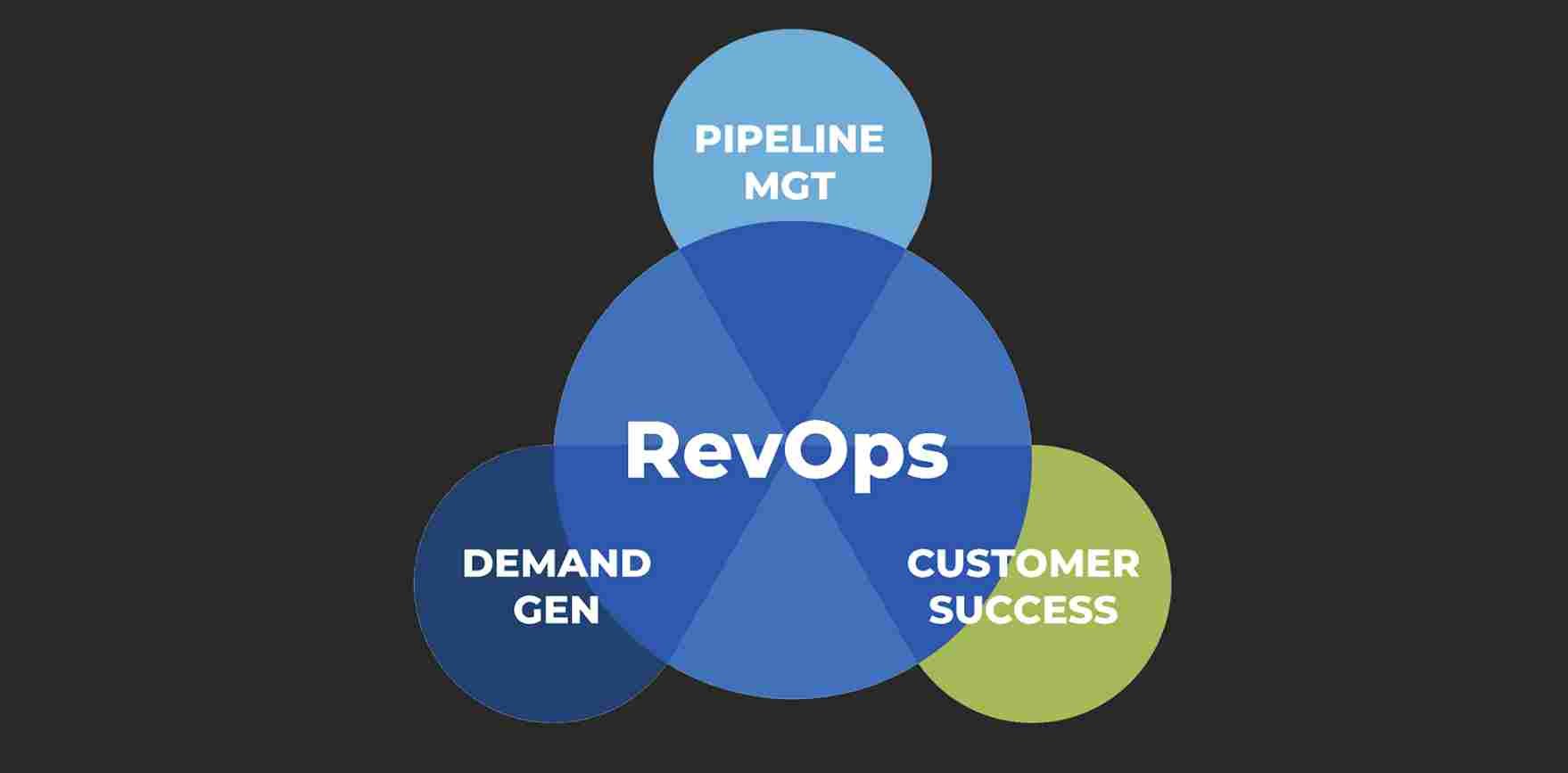Is AI Taking Over Software Development Jobs?
Is AI Taking Over Software Development Jobs? the rapid advancement of artificial intelligence (AI) has sparked numerous discussions, particularly around its role in various industries. One sector that has been significantly affected by this technological revolution is software development. The rise of AI in the development process has raised a critical question: Is AI in software development jobs taking over the work traditionally performed by developers?
In recent years, AI has made considerable strides, leading to the automation of various aspects of software development, from coding to testing and deployment. With the introduction of machine learning, natural language processing, and other advanced technologies, it’s clear that AI has the potential to revolutionize the way software is created. But does this mean the end of human software developers?
In this article, we’ll explore the current state of AI in software development jobs, how it’s changing the landscape of the industry, and what the future holds for developers. Through an examination of AI’s capabilities and limitations, along with its potential to enhance the work of developers, we’ll uncover whether AI is truly a threat to software development careers or if it’s merely a powerful tool that will shape the industry in new and exciting ways.

The Rise of AI in Software Development Jobs
AI has become a transformative force across all sectors, and software development is no exception. Over the last decade, we have seen AI tools emerge that assist developers in a variety of ways, from automating repetitive tasks to improving code quality and efficiency. Some of the most widely known examples of AI in software development jobs include code generators, debugging assistants, and automated testing platforms.
One of the most visible applications of AI in software development is the rise of code-writing tools. AI-powered platforms, such as OpenAI’s Codex, can now generate code snippets and even entire programs based on brief natural language descriptions. These tools make the development process faster and more efficient by handling routine coding tasks, allowing developers to focus on higher-level problem solving.
Additionally, AI tools are playing a significant role in software testing and debugging. Automated testing platforms powered by AI can detect bugs and vulnerabilities in code far quicker than a human could. These tools can also suggest potential fixes or improvements, saving valuable time during the software development lifecycle.
However, despite these advancements, the reality of AI in software development jobs is not as simple as a full-scale replacement of human developers. Let’s dive deeper into the strengths and weaknesses of AI in this field to understand the true impact it’s having on software development careers.
How AI is Enhancing Software Development Jobs
While the idea of AI replacing human jobs might sound alarming, in the context of software development, AI is more of an augmentation than a replacement. AI tools are designed to handle repetitive and time-consuming tasks, allowing developers to focus on more creative and complex problem-solving. Here are some ways AI in software development jobs is enhancing the role of developers:
1. Automating Repetitive Coding Tasks
Many aspects of software development are repetitive, such as writing boilerplate code, creating simple functions, or performing routine refactoring. AI tools can automate these tasks, reducing the amount of time developers spend on mundane work. For instance, an AI-powered code generator can automatically suggest syntax or even entire code blocks based on user input, allowing developers to move forward with more challenging tasks.
This automation doesn’t eliminate the need for human developers but rather frees them up to tackle the more intricate aspects of software design, architecture, and optimization. Developers can spend less time writing repetitive code and more time creating innovative features and solving unique problems.
2. Improved Code Quality and Debugging
AI has proven invaluable in improving the quality of code. Tools like static analysis and AI-powered linters can identify potential issues in code before it is even run. These tools can highlight areas where code might be inefficient, buggy, or difficult to maintain. AI-driven testing frameworks also make it easier to spot potential security vulnerabilities, compatibility issues, and performance bottlenecks.
By automating code review and error detection, AI can significantly reduce the number of bugs in a product, ultimately leading to higher-quality software. This can help developers improve the final product without requiring a significant increase in their workload. AI-driven debugging assistants can also suggest fixes for errors, speeding up the process of troubleshooting and resolving issues.
3. Enhancing Collaboration and Communication
AI can also improve collaboration among software development teams. With the help of machine learning algorithms, AI-powered tools can analyze the progress of a project and identify potential bottlenecks. These tools can recommend adjustments to workflows or allocate resources more efficiently, ensuring that teams are working in the most optimal way possible.
Furthermore, AI can assist with communication by summarizing code changes, generating documentation, and providing real-time insights into a project’s status. By automating these processes, AI ensures that developers can focus on more critical aspects of the project while still maintaining effective communication and collaboration.
4. Customizing Development Tools to Fit Developer Needs
AI is also helping developers customize their development environment to better suit their needs. Many integrated development environments (IDEs) are now equipped with AI-based features, such as auto-completion, error detection, and personalized code suggestions. These features learn from the developer’s coding patterns and preferences, making their workflow faster and more efficient.
AI-powered tools can also recommend best practices based on the developer’s past projects, suggesting frameworks, libraries, and approaches that may be useful for the current task at hand. This level of customization ensures that developers can optimize their development environment to suit their individual needs, improving productivity and overall job satisfaction.
The Limitations of AI in Software Development Jobs
While AI has undoubtedly brought numerous benefits to software development, it is important to recognize its limitations. AI in software development jobs is still in its early stages, and there are several aspects of the development process where human input is irreplaceable.
1. Creativity and Problem Solving
One of the most significant limitations of AI is its inability to think creatively. While AI can automate repetitive tasks and detect patterns in data, it cannot replicate the human ability to think critically and solve complex problems in novel ways. Software development often requires creative thinking, especially when designing new features, tackling unique problems, or adapting to ever-changing user needs. AI tools are excellent at handling structured tasks, but they fall short when it comes to innovating or considering multiple variables in a dynamic environment.
2. Understanding User Needs
Developing software is not just about writing code—it’s about creating a product that meets the needs of users. This requires empathy, an understanding of user experience, and the ability to translate user feedback into actionable design decisions. AI, no matter how sophisticated, is still not capable of fully grasping the nuances of user behavior or understanding the broader context in which a product will be used.
Human developers are needed to interpret user feedback, adapt to changing requirements, and ensure that the software aligns with the vision and goals of the business. While AI can assist in improving the user experience through data analysis, it cannot replace the intuition and decision-making abilities of a skilled human developer.
3. Dealing with Ambiguity
AI excels when it has clear parameters and well-defined problems. However, in software development, many challenges are ambiguous and open-ended. Developers often work with vague requirements, shifting priorities, and evolving project scopes. AI struggles with ambiguity, and it relies heavily on structured input to function effectively.
For instance, when a client provides unclear or incomplete specifications for a project, it is up to human developers to make sense of the requirements, fill in the gaps, and define a clear path forward. AI cannot replace this ability to navigate uncertainty and adapt to new and changing circumstances.
4. Ethical and Legal Considerations
AI-generated code raises important ethical and legal questions, such as the potential for biased algorithms or the ownership of AI-generated work. While AI can be an excellent tool for developers, it does not have the moral judgment or legal understanding necessary to navigate complex issues related to privacy, security, and fairness.
Human developers play a crucial role in ensuring that software complies with ethical standards and legal regulations. They are responsible for addressing issues like data privacy, accessibility, and inclusivity, which AI alone cannot tackle effectively.
The Future of Software Development: Collaboration Between AI and Developers
Rather than replacing human software developers, the future of AI in software development jobs seems to point toward a collaborative model. AI will continue to automate routine tasks, allowing developers to focus on high-level design, problem-solving, and innovation. By partnering with AI, developers will be able to work more efficiently, deliver higher-quality products, and push the boundaries of what’s possible in software development.
The role of the developer will evolve, with a stronger emphasis on creativity, decision-making, and leadership in the development process. Developers will need to become experts in leveraging AI tools to enhance their work, integrating AI capabilities into their workflows and taking advantage of the insights that AI can provide.
AI will also create new job opportunities within the software development industry, such as roles focused on training, managing, and optimizing AI systems. As AI becomes more integrated into the development process, the demand for developers who are skilled in both traditional coding and AI technologies will increase.
AI in software development jobs is not a harbinger of job loss for developers. Instead, it’s a tool that, when used effectively, can significantly enhance the software development process. AI excels at automating repetitive tasks, improving code quality, and enhancing collaboration, but it cannot replace the creativity, problem-solving skills, and human intuition that are central to software development.
The future of software development lies in the collaboration between human developers and AI. Developers who embrace AI as a tool for augmentation rather than competition will continue to thrive in an industry that is rapidly evolving. The key is to adapt, learn, and use AI to push the boundaries of innovation while maintaining the essential role of human insight and expertise.





